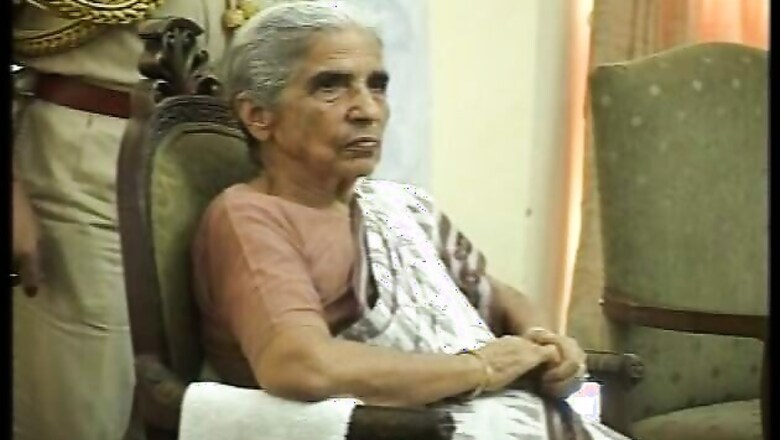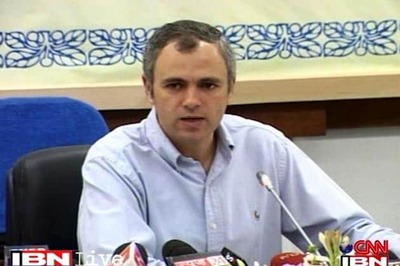
views
The removal of Kamla Beniwal as Governor of Mizoram is a controversy that the Central government could have clearly avoided. A two month wait, by when she would have completed her five year term as Governor, would have prevented the charge of vindictiveness and partisanship from being laid at door of the central leadership. The sacking episode once again brings to the fore, the violation of conventions and practices which the framers of the constitution had hoped would be followed with regard to the Office of the Governor. One must add that all political parties that have been in power at the Centre have been guilt of violating these conventions.
In a parliamentary system of government, the office of the Governor in a state has the potential to be at the centre of controversies for several reasons, the most important one being the range of discretionary powers that the holder of the office enjoys. The office of the Governor has been involved in several controversies in different states only on account of the liberal and often controversial interpretation of the discretionary power of the Governor.
A 'safety valve' envisaged by the Constitution makers (though not explicitly provided for in the Constitution) was the care and caution that was expected to be exercised when choosing who should be Governors and the manner of their appointment. During the debates in the Constituent Assembly, leaders had hoped that in appointing Governors, eminent individuals, preferably not those directly involved with politics should be appointed to this 'exalted' position. Ever since the 1970s a review of who have been appointed as Governors would show that they invariably belonged to three distinguished categories: defeated politicians (from the ruling party at the centre), politicians who need to be 'retired' or sent far away from their home state (also from the ruling party at the centre) or retired 'loyal' bureaucrats. Even the most recent appointments as Governors, would fall in this category. To be fair to the government, they are only carrying forward a long established tradition! This clearly goes against the spirit of the Constitutional intent. When there is a patent flaw in the background and past record of people appointed as Governors, they begun their tenure under a cloud of 'suspicion and mistrust'. What makes matters worse is that many Governors at the end of their tenures (or by resigning mid-term) have returned to active politics and become Chief Ministers and Central Ministers. There was the case of a leading politician who in the 1970s and 1980s became Governor and then returned as Chief Minister was then shunted off as Governor and then returned as the Chief Minister of his state! It is incidental (and natural) that he was one of the most controversial governors this country has seen.
There is also a second factor. When the Governors were first appointed after the inauguration of the Constitution, there was a process of consultation between the Home Minister and the Chief Minister of a State prior to the appointment of a Governor. The healthy convention of taking the consent of the Chief Minister prior to the appointment of a Governor was followed. Soon this convention was thrown to the winds for the simple reason that the party in power at the Centre wanted to impose Governors, especially in states where a rival party was in power. The process of consultation was replaced with one of informing the Chief Minister. Some Chief Ministers in the past have even complained that they came to know of the new Governor of their state like other citizens - through the media! Even in the recent round of gubernatorial appointments it is not clear whether Chief Ministers of the said states where taken into confidence prior to the appointment of Governors.
The current controversy surrounding the removal of Kamla Beniwal invites attention to restore the two healthy conventions of appointing Governors who have not been involved in politics and consulting Chief Ministers before appointing Governors of their states. The BJP government has committed itself to ensuring 'federal fairness' and respecting the status and autonomy of the States of the Indian Union. Following healthy conventions relating to the Governors office would be an important step in this direction.
(Dr Sandeep Shastri is the Pro Vice Chancellor, Jain University)

















Comments
0 comment